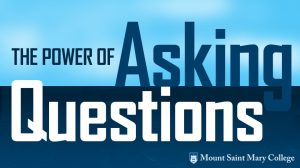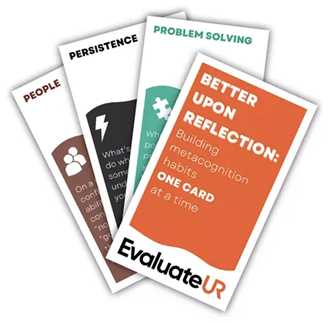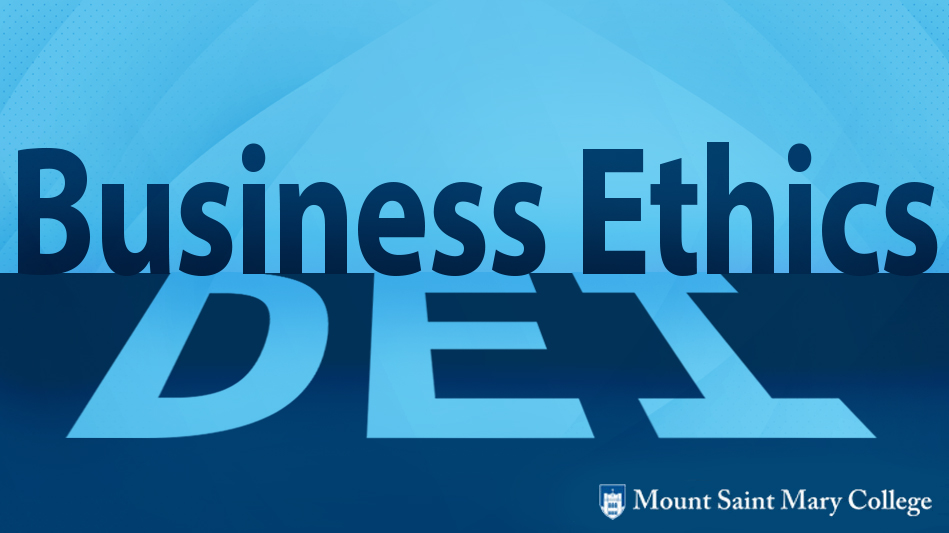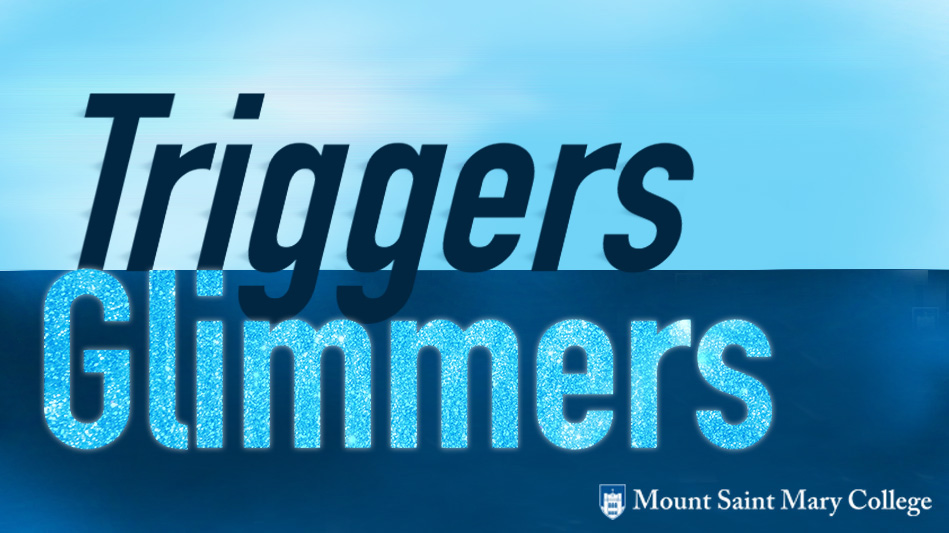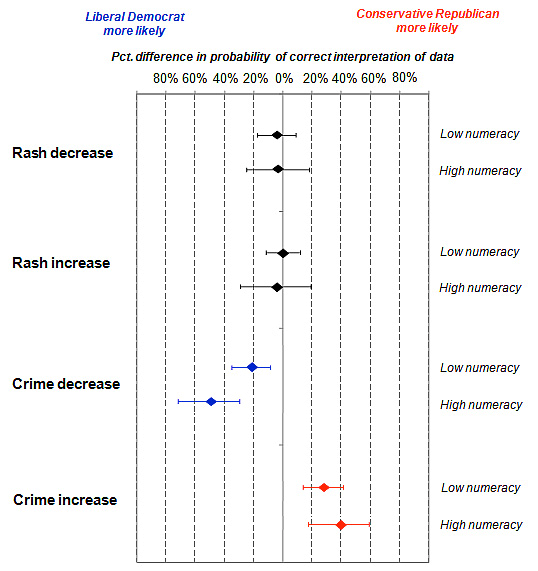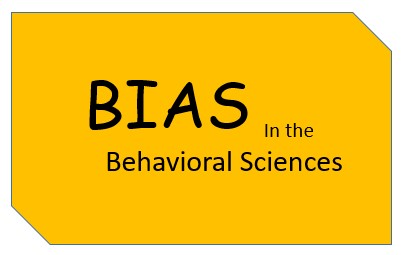by Megan Morrissey, Assistant Director of Student Success, Mount Saint Mary College
MY OWN INTRODUCTION TO METACOGNITION
“But, Meg, how am I supposed to remember this stuff?”
I heard this question quite frequently throughout my first year in 2012-2013 as a part-time Academic Coach, a new position for me in higher education. The core values of my job included:
- developing holistic relationships with my students
- assisting them in feeling more confident as a college student both academically and personally
- aiding in their overall transition to college life
Armed and prepared with questions and exercises I thought would help my students open up to me, I used an intake form that posed logistical questions, like their contact information and intended major, as well as questions that spoke to their interests and self-awareness. However, what became apparent to me is that this generation of students was craving skills that would help them retain information in more meaningful ways, and my focus was to support them in becoming more metacognitive.
For my student meetings, my toolkit included ways to learn and many inventories that tested students’ learning styles. Although these strategies might have worked for an initial exam, giving them a good place to start, these were not enough to help them fully understand key concepts they would be seeing over and again, throughout the semester, and the rest of their college career. They used the skills I gave them to cram information and facts in for that first test, and then they would push all of it aside to do the same thing for the next exam, never truly immersing themselves in the material and understanding the concepts themselves.
THE FEAR OF ASKING QUESTIONS
[In high school] “I didn’t have to study. I paid attention and got good grades.”
Prevalent in secondary education, the “teach to the test” mentality that some educators have is understandable. Being evaluated by standardized test scores, teachers and administrators feel the need to educate their students on exactly what to expect. However, what happens when these students get to college and suddenly the answers to the exam are not so black and white? When they need to defend an answer instead of just memorizing a Power Point slide? When professors want them to immerse themselves in the material? What scared my students the most was their faculty encouraging them to ask questions in class and/or share their informed opinions on what they thought about the material.
Coupled with an intimidation of new faculty, many students face a real imposter syndrome coming into college and feel as if they do not truly belong there. My students have told me that they “don’t want to bother their professors” or are afraid of asking “dumb questions” and risk having faculty look at them in a negative way. My students also struggled with figuring out specifically how to word questions to faculty to get the clarification they need. In order to help them with this task, I would ask them in our meetings to explain what they might be having trouble with in class, asking my own questions to ensure I understood what they needed. Then, we would do a role-play:
- My students play their professor, and I play the student.
- They give me the absolute worst things that they think their faculty might say and I, in turn, show them how to navigate the situation and get their questions answered.
- We then switch roles so that they can practice and anticipate their own reactions and responses.
HOW DO HIGH-ACHIEVING STUDENTS DO IT?
The role-playing exercises I used with my students to ease their anxiety in relating to their faculty led me to think more about how other higher achieving students were able to perform at such a caliber. A study from Iowa State University investigated academic achievement, achievement goals and beliefs about learning surrounding study strategies. The researchers concluded that competence, it seems, can be found both through performance, i.e. the results of an exam or quiz, and through reflection in comparing the actual results achieved to their own expectations (Geller et. al., 2018). Four patterns of achievement goals constitute the development of student competence:
- They cultivate a personal sense of having learned the material.
- They create the greatest link with metacognitive skills.
- They monitor their own progress.
- They adjust their study habits accordingly.
To achieve more, successful students engaged in metacognition, assessing the work they have already successfully retained, creating questions to more accurately understand the material they have yet to master and adjusting as needed. They also relied on study skills that included self-testing and planning out their study schedules to avoid procrastinating and cramming.
SUPPORTING STUDENTS WITH ANXIETY
In order to address a rise in the number of students with anxiety-related health issues, we deploy a reverse design in developing several strategies to help them cope. I assist them in the following tasks and activities:
- creating a structured study schedule, working backwards from when their exam is, breaking down how much material they feel they can handle in a day, and
- rehearsing, i.e. going to the actual classroom, when empty, and creating a practice test (using questions from their professors, textbooks and/or the internet), having them sit in their seat, and taking the practice test in the time they’re usually allotted. This activity not only facilitates the comprehension of the test material, but also anticipates the coping mechanisms they will use in case they get anxious, e.g. deep breathing, repeating a mantra they have created, and scanning the test to see what answers they absolutely know. This process of focusing awareness on their state of mind (specifically looking at when, where, how and why their anxiety peaks) and then using that to adjust their behaviors is another form of metacognition.
HOW CAN FACULTY HELP?
“If metacognition is the answer to being a more engaged and high achieving learner, what strategies can be utilized in class to better assist them in engaging in metacognition?”
Instructors can be powerful influencers by incorporating strategies in their courses and explicitly encouraging metacognitive practices. A study done by Wilson and Bai (2010) at the University of Central Florida concluded that educators need to make metacognition a priority in their lessons and demonstrate the flexibility of these learning strategies in order to show students that they need to reflect and think about how they are retaining information. These reflections can include the following:
- active discussions and think-alouds
- asking students to hand in questions anonymously before class—concepts, ideas, and points-of information—that they may not have understood from the previous lesson and/or homework assignment
- incorporating reflective writing at the end of each class session and to guide them in making connections in what they have been learning
CONCLUSION
My students often come into my office during the first few days of their new journey at our institution. Their emotions are raw and they’re terrified of making any type of mistake. In bridging reflective practices with the development of students’ metacognitive skills, the power, for me, lies in asking purposeful, thoughtful questions and, thus, guiding them as they confront their fear of asking questions and learn to ask questions themselves. Metacognitive skills assist them in building self-confidence in and out of the classroom.
WORKS CITED
Geller, Jason, et al. “Study strategies and beliefs about learning as a function of academic achivement and achievement goals.” Memory (2018): 8. Article.
Wilson, Nancy S. and Haiyan Bai. “The relationships and impact of teachers’ metacognitive knowledge and pedagogical understandings of metacognition.” Metacognition Learning (2010): 20. Study.
